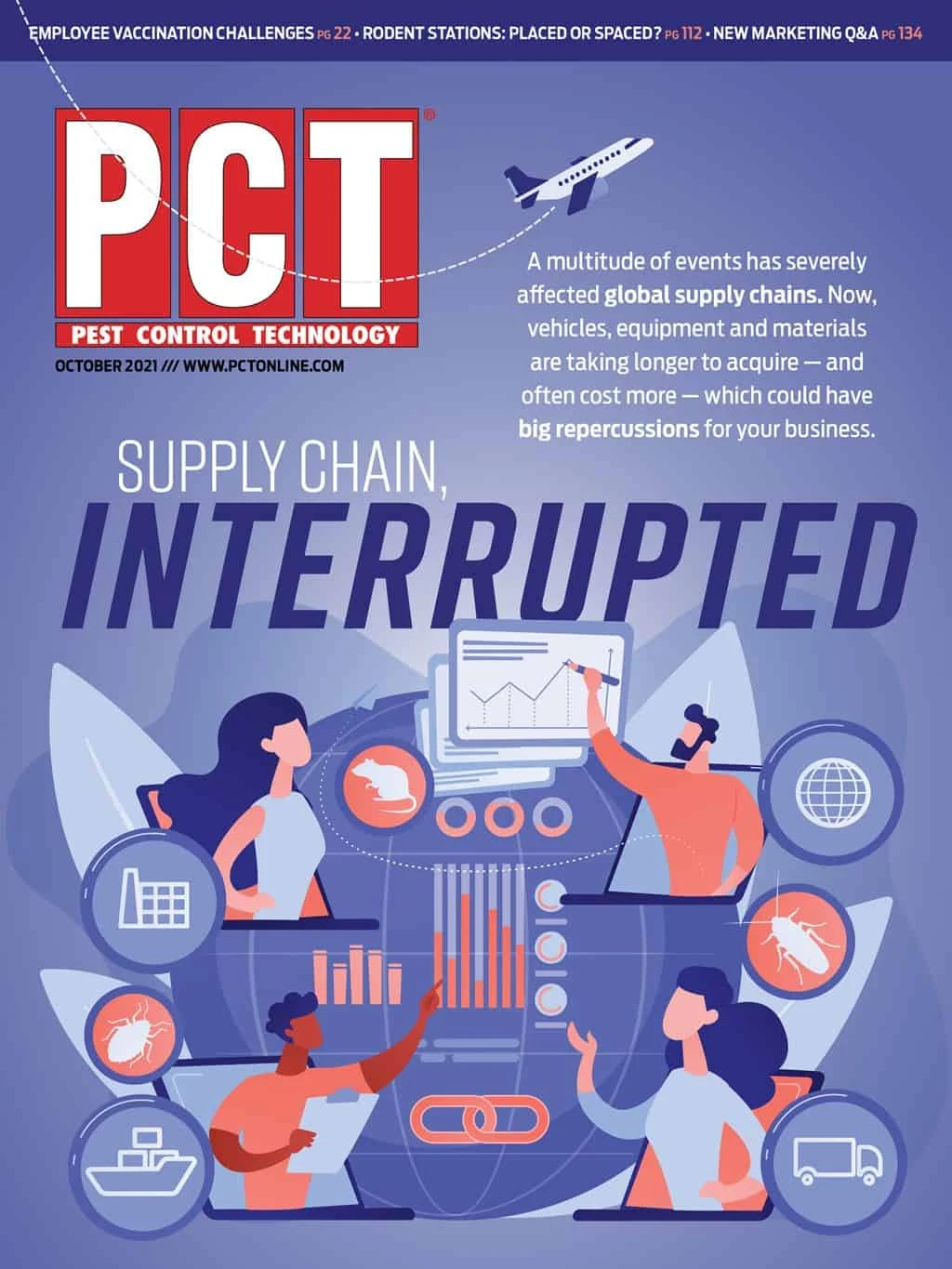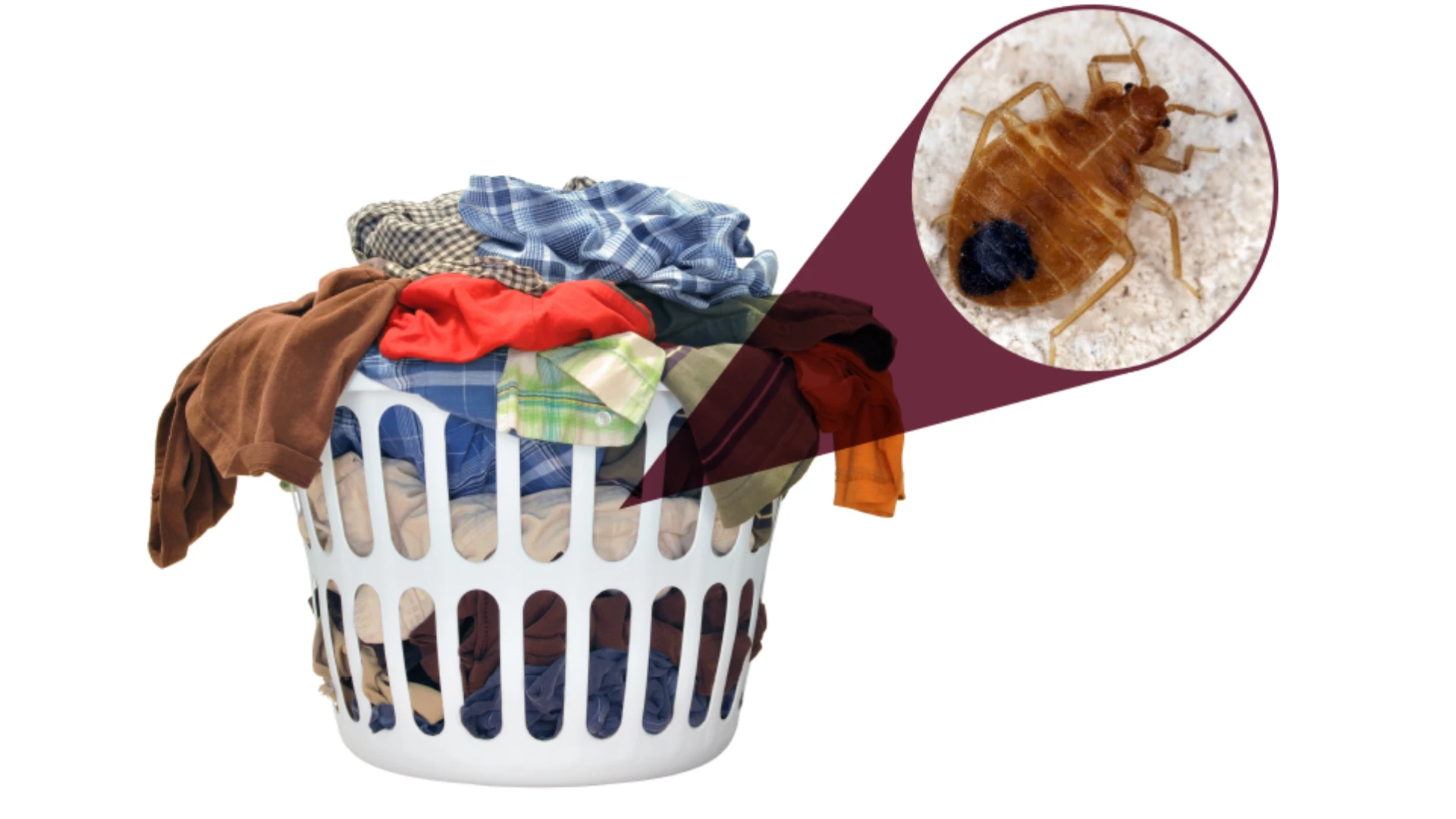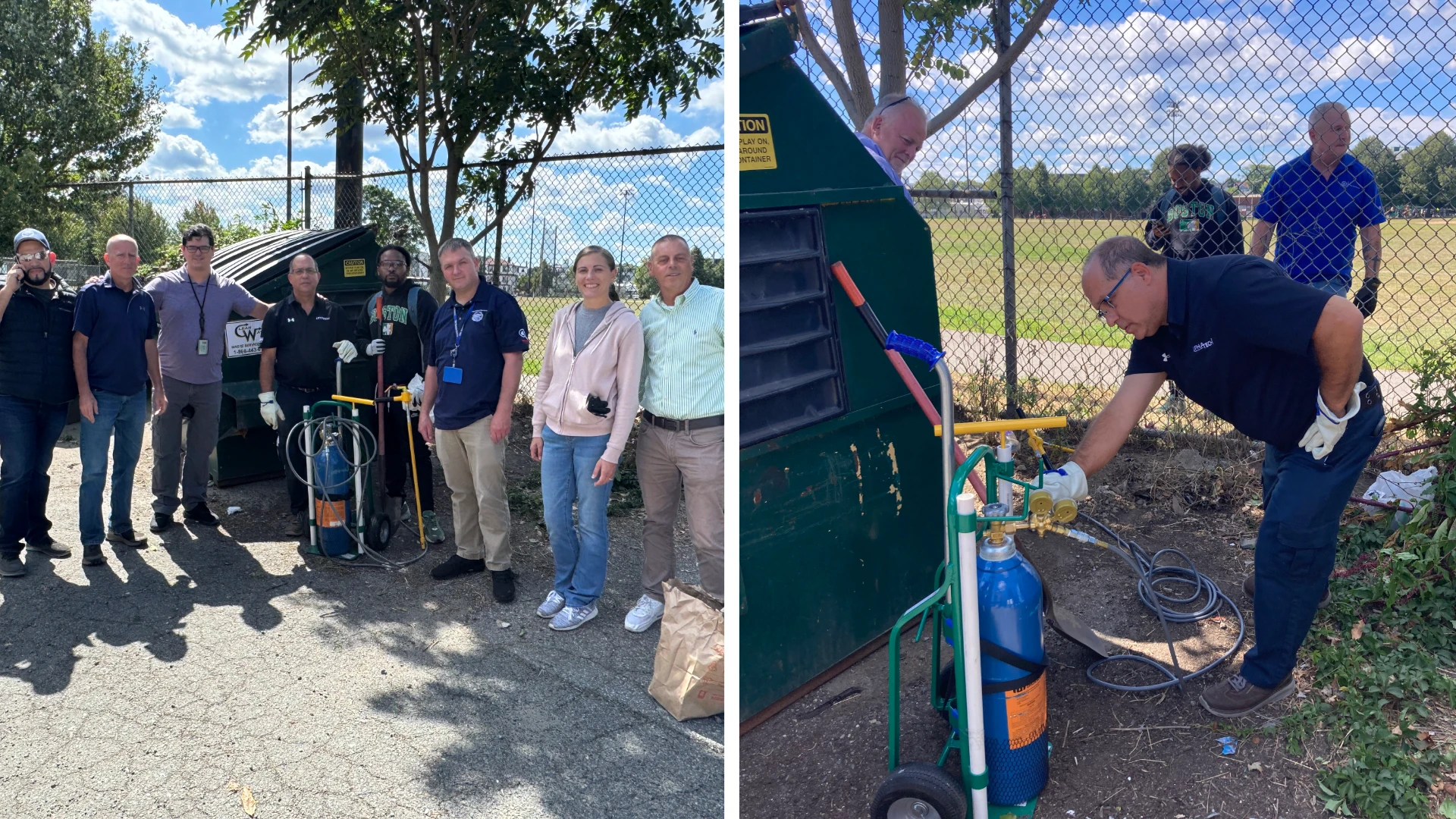
Do you wear a mask? Do you require that your employees wear a mask? What about vaccinations for you, your employees and your customer base? What do you know, and what is the impact of what you may not know about vaccinations? How have you changed service protocols for your customers and employees in the COVID-19 era? Are you buying or stockpiling PPE? Did you get a PPP loan? Has it been forgiven, or will it be forgiven? There is an endless amount to unpack regarding COVID and its impact on our businesses, our industry, and mergers and acquisitions. We will try to connect a few dots and add clarity to some of the murkiness.
Let’s put political views aside and celebrate that as a nation, we have had the great fortune of having access to vaccines. However, COVID continues to mutate, which is helping the spawn and spread of new variants. It is unlikely COVID is behind us, as much as we may want to wish it away. It seems likely to continue to impact us socially and professionally with the continued spread of the SARS-CoV-2 virus, Delta variant, Lambda variant and new B.1.621 variant discovered early this year in Columbia. We must stay focused on the impact of the virus on employee safety, customer safety, business, economics and our industry — even its impact on acquisitions.
ESSENTIAL SERVICES. Pest management has been deemed “essential,” but what does that mean? The Harvard Business Review has studied marketing successes and failures of companies that navigated recessions from the 1970s onward. They identified patterns in consumer behavior and company strategies that either propel or undermine company performance. Regardless of their demographic group, consumers prioritize consumption by sorting products/services into four categories:- Essentials: Purchases or services necessary for survival or perceived as central to well-being.
- Treats: Purchases or services that consumers consider justifiable.
- Postponables: Purchases or services that can be reasonably put off.
- Expendables: Purchases or services perceived as unnecessary or unjustifiable.
Industries defined as “essential services” differ based on the organization but generally include services such as hospitals and other health-care facilities; utilities such as electricity and water supply; and occupations such as law enforcement, firefighting, food services and waste management — and even the pest management industry. (“Essential services” also may refer to a class of occupations that have been legislated by a government to have special restrictions regarding labor actions such as not being allowed to legally strike.)
We are certainly very fortunate to be in the pest control industry. During the internet bubble, housing bubble, Great Recession and even COVID, most of our businesses and our industry remained healthy and continued to grow because of being an essential service.
This is cause for us to celebrate and take the time to educate our customers and our employees about our industry and why we are considered an essential business. We are certainly fortunate to own and operate businesses in the United States with the ability to help when communities are in need.

PPP LOANS. The Small Business Administration (SBA) describes the Paycheck Protection Program (PPP) in the following terms: “PPP is a loan designed to provide a direct incentive for small businesses to keep their workers on payroll. First Draw PPP loans can be used to help fund payroll costs, including benefits, and may also be used to pay for mortgage interest, rent, utilities, worker protection costs related to COVID-19, uninsured property damage costs caused by looting or vandalism during 2020, and certain supplier costs and expenses for operations.”
SBA will forgive loans if all employee retention criteria are met and the funds are used for eligible expenses. Stipulations include:
- PPP loans have an interest rate of 1 percent.
- Loans issued prior to June 5, 2020, have a maturity of two years. Loans issued after June 5, 2020, have a maturity of five years.
- Loan payments will be deferred for borrowers who apply for loan forgiveness until SBA remits the borrower’s loan forgiveness amount to the lender. If a borrower does not apply for loan forgiveness, payments are deferred 10 months after the end of the covered period for the borrower’s loan forgiveness (between 8-24 weeks).
- No collateral/personal guarantees required.
- Neither the government nor lenders will charge small businesses any fees.
Source: SBA (https://www.sba.gov)
If your business did receive a PPP loan, you should work with your corporate or business attorney and CPA and make sure that it is recorded properly on your balance sheet. They should also help you with the forgiveness process. If the loan is forgiven, this should be recorded properly as well.
If you are involved in an acquisition or are considering one, you most likely will see COVID language and questions throughout the acquisition process. You also will see detailed focus in due diligence around COVID and how your business handled it (PPP and workers’ compensations will come up), as well as sections of the contract, schedules and other detailed documents and conversations focused on COVID and PPP in your business operations, best practices, finances and so on.
Chart 1 shows the continued distribution of PPP loans in the workplace. Last year, more than 5 million PPP loans were dispersed across the country, which essentially flatlined through December. However, that number has significantly increased to more than 12 million PPP loans that will be distributed by the end of this year. This will have economic implications that we should consider in our industry and our businesses, which certainly will influence acquisitions. Stay in communication with your CPA and your corporate or business attorney to help you through the documents and the process.
When PPP loans began being distributed, the amount quickly jumped from $250 billion to $500 billion in loans in just a few short months. It is interesting to see the spike that occurred at the end of last year, during which the value of PPP loans disbursed jumped from more than $500 billion to the current value exceeding $800 billion. Again, it is critical for us to pay attention to and make sure we are managing this appropriately in our businesses. Buyers in our industry are watching all sellers and how they manage PPP loans. (Read more here.)
M&A IN PEST CONTROL. Various forces affect mergers and acquisitions in our industry. Corporate tax rates, interest rates and inflation all have influenced purchasing activity in the pest control industry. If you own a pest control company and you are considering selling the firm that you and your family have built, there has never been a better time to consider the influence of these outside economic forces. As the government distributed PPP, it caused an economic ripple effect that most likely will influence acquisitions for years to come. As such, individual taxes and capital gains taxes should be considered.
Chart 2 shows a long history of gradual capital gains and income tax decline. Capital gains tax is a tax on the growth in value of investments incurred when individuals and corporations sell those investments. This tax only applies to profits from the sale of assets held for more than a year, a.k.a. “long-term capital gains.” The rates vary depending on your tax bracket. Short-term capital gains tax applies to assets held for a year or less, which are taxed as ordinary income. Reportedly, the Biden administration is proposing to raise taxes on long-term capital gains for individuals earning $1 million or more to 39.6 percent. Added to the existing 3.8 percent investment surtax on higher-income investors, the tax could rise to 43.4 percent, not counting state taxes.
Recently, the corporate tax rate has hovered around 35 percent. In the last four years, it fell significantly. If you sold your business recently or are considering selling it now, you will likely benefit from the lower taxes. Simply said, the less you legally pay in taxes when you sell, the more you keep. It is highly probable (and projected) that the personal income tax, capital gains tax and corporate tax rate will increase. That’s something to consider if you are keeping or selling your pest control firm.
INTEREST RATES/INFLATION. How do interest rates and inflation affect your profit and loss statement? Interest rates respond to inflation. When prices in an economy rise (inflation), the central bank typically raises its target rate to cool down an overheating economy. With COVID, goods have become scarce, and as a result, supply and demand have become real, with supply shrinking, raising prices to most people and businesses. (See this month’s cover story.) Therefore, one might assume interest rates will be on the rise. This will impact our businesses and households.
One example is trying to buy a car today. Most new car dealerships have very little inventory, and used cars are selling at all-time highs. As an industry that relies on vehicles to get to our customers, this is a concern. Other concerns are fuel, chemical inventories, rent, utilities and benefits.
As these costs increase, your P&L will have a smaller margin unless you keep pace with inflation through price increases. If you are not increasing your prices regularly to keep up with inflation, your margins will diminish (and potentially, so will your company’s value).
FINAL THOUGHTS. All of these aspects of the economy are linked to one another and are important for those in the pest management industry to monitor. As we read the day’s news and seek out research on the economy at large, we see the impact of COVID on our everyday lives, government and economics — and, of course, our businesses too. While we cannot predict the future, trying to understand the data available may help us continue to thrive as essential businesses and an essential industry in these chaotic times.

Explore the October 2021 Issue
Check out more from this issue and find your next story to read.
Latest from Pest Control Technology
- Rentokil Terminix Expanded in Key Markets with 2024 Acquisitions
- In Memoriam: Joe Cavender
- Certus Acquires Green Wave Pest Solutions
- Liphatech Adds Alex Blahnik to Technical Team
- Do the Right Sting: Stinging Insect Identification, Management, and Safety
- VAGA's 8th Annual Veterans Thanksgiving Appreciation Dinner
- Clark's Blair Smith on the Response to Increased Dengue Fever Cases in Southern California
- WSDA, USDA Announce Eradication of Northern Giant Hornet from U.S.





